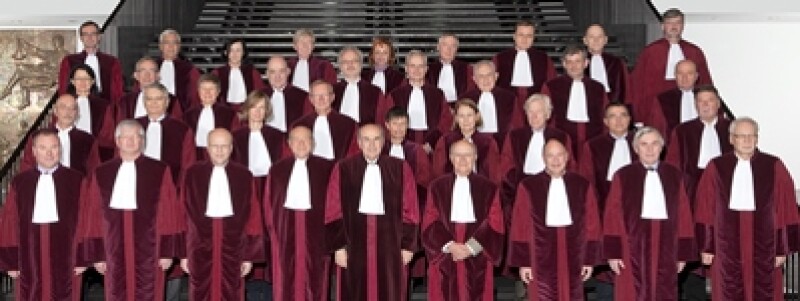Among the changes introduced into the UK’s copyright regime on October 2 are a new format shifting exception and the right to use copyright material for legitimate parodies. There is also a new exception for criticism or review, which follows more exceptions for libraries, schools and disabled people, which came into force in June. Should there be similar exceptions for trade marks?
The answer from a group of more than 30 academics from across Europe seems to be yes. They have urged lawmakers considering the European Commission’s proposals to update the Trade Marks Directive and CTM Regulation to clarify what exceptions exist.

In particular, they argue that the rights of trade mark owners need to be balanced with freedom of expression and the guarantee of undistorted competition, saying that such balance is important in the light of “ongoing technological, economic and social developments”.
The implication is that trade mark law has gone too far in protecting the rights of trade mark owners. That is an argument that may have gained strength since the Court of Justice of the EU (judges, pictured right) began expanding the list of legitimate “functions” of a trade mark.
Specifying a list of exceptions to trade mark rights might lead to rather messy, loophole-filled legislation. But perhaps it is necessary to preserve public support for trade mark law.
So far much of the debate about the right balance to be struck between the rights of IP owners and those of competitors and consumers has been focused on copyright (think ACTA, SOPA and PIPA) and on patents (think the debates on software and business method patents, and cases such as Myriad). In those areas of the law, it seems that a backlash from increasingly organised consumers and civil society has led to a rethink on the part of policy makers and a recognition on the part of IP owners that advocating a strong pro-IP position could ultimately weaken support for the whole IP system.
Does this new call from a group of academics reflect similar tensions within the trade mark sphere? If so, does the line between the rights of trade mark owners and the rights of trade mark users and third parties need to be redrawn? Let us know what you think.










